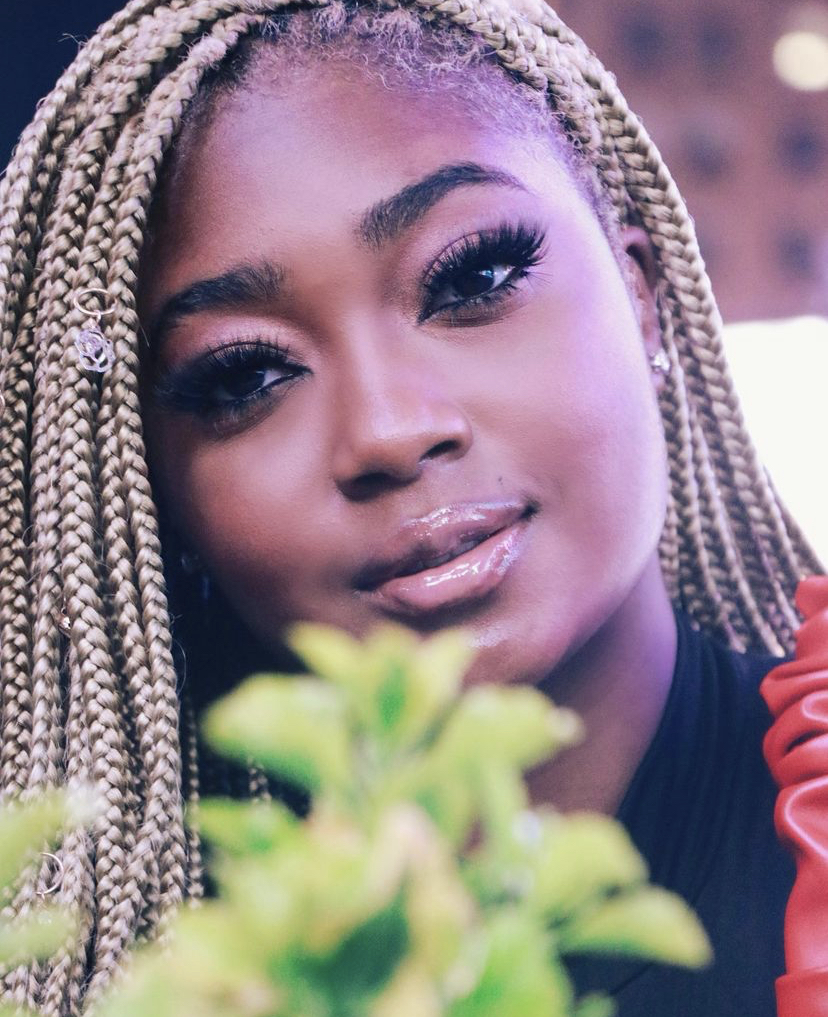

If you’ve ever had trouble finding the perfect hairstyle specialized to your unique texture, Pinterest’s newest feature is tailored just for you. In effort to continue its tidal wave of inclusivity, Pinners can now used Hair Pattern to filter their hair-related searches — cuts, styles and colors — by “patterns”: coily, protective, wavy, straight and shaved.
The feature, which launched on August 18, was specifically created with Black, Brown and Latinx users in mind. In the beauty industry, consideration for POC hair textures is often minimal, leaving a core consumership siloed to the margins. Naturally, this exclusion in reality has translated into biases embedded into social media algorithms. Hair Pattern was developed by Pinterest’s inclusive product team alongside Amika’s global artistic director Naeemah LaFond.
“The concept of Pinterest’s hair pattern search spoke to me because the absence of it has been something that I and other women, in particular Black and Brown women, have felt othered by for quite some time,” LaFond told Glamour. Non-Black faces and representation is usually the default on most search engines when it comes to beauty. The new tools that Pinterest has implemented have set a new and more inclusive standard and I’m proud to have played a part in that.” As of late, Pinterest says roughly 500 million Pinterest images have been labeled with a pattern for the filter.
Hair Pattern is latest stride the photo-sharing platform has taken to cultivate a more inclusive and diverse environment for its users. In 2018, the company first unveiled a filter that allowed users to search makeup by skin tone, addressing POC users concern that the app centered its white audience. Earlier this summer in July, the app banned all advertisements related to weight loss to take accountability in how the content encouraged unhealthy or disordered eating habits. Along with the ban on weight loss ads, Pinterest also prohibited advertisements with language or imagery that are negative towards certain body types.












